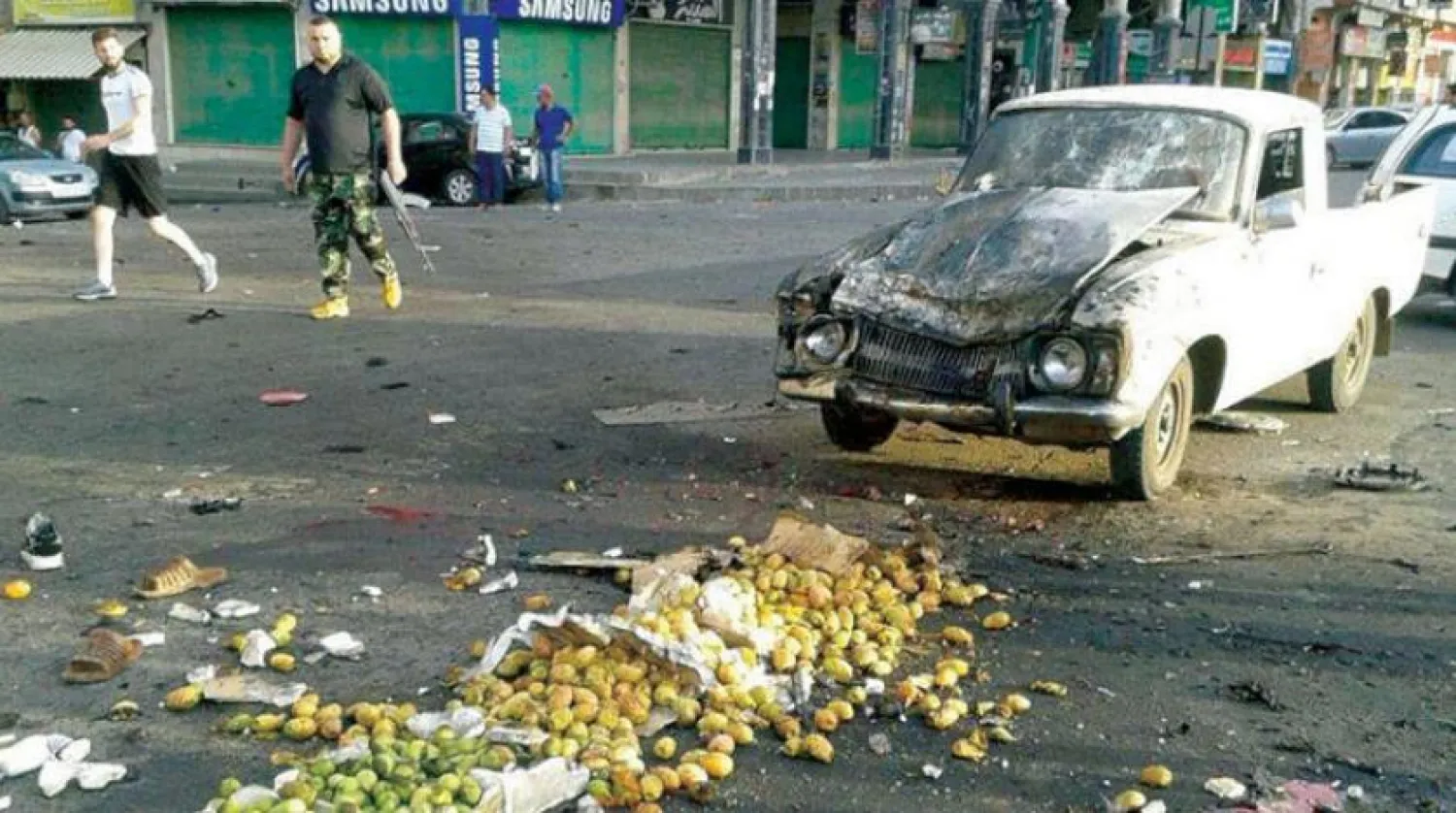Syria’s Suwaida has been trying to distance itself from the complex Syria conflict throughout the years of war, yet it couldn't escape war effects on the human and economic levels, leaving people in chaos.
The Syrian regime has sought to keep the province, located south-east of Syria, under its actual control as is the case in the rest of Syria's controlled provinces, according to the Russian delegation, which visited Suwaida in late June 2018.
Observers said that the current options in the province to resolve its issues “do not come without a real guarantee as there must be other options on the negotiating tables.”
The people there seek to find a general settlement in all files related to Suwaida in terms of security and stability of the province and peaceful coexistence of its people. They want to make sure they protect themselves, and if Russia gives up on protecting them, they should have the right to demand international protection in case of repeated acts of terrorism.
This requires Russia’s success in solving many issues based on partial geopolitical solutions, one of which may be a form of administrative decentralization, in accordance with the rule of Aleksandr Dugin, the greatest theorist on Russia's geopolitical operations in the region.
Dugin once wrote in Katehon think tank an article entitled, “Geopolitical Problems and the Laws of Great Extent, Globalization and Russian Paradox.”
He said that the rule is that “small nations are swallowed politically and economically in the absence of a major international competitor, and it is not necessarily geopolitical warfare... it still takes place in the rest of other Syrian cities.”
Russia has been trying to convince the dignitaries of the Druze province to activate the role of the Syrian regime in the province, return to the situation before the outbreak of the war and stop distancing itself, keeping its children from joining the ranks of the army, and forming local factions from its citizens to defend the province.
The Russian delegation described these factions as “terrorist formations” since they are not registered among the ranks of the Syrian regime forces, are not directed by it, do not quite agree with the regime’s state of formations to fight along with on all fronts in the Syrian territory, and aim at defending the province from any threat facing it- even from the regime itself.









